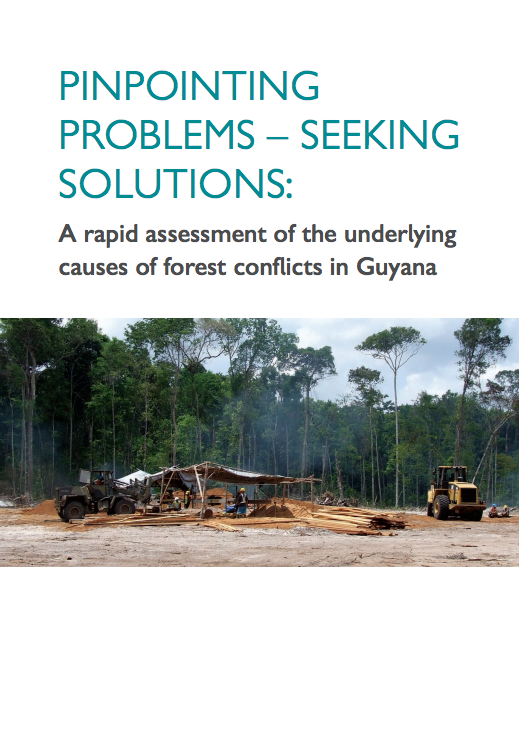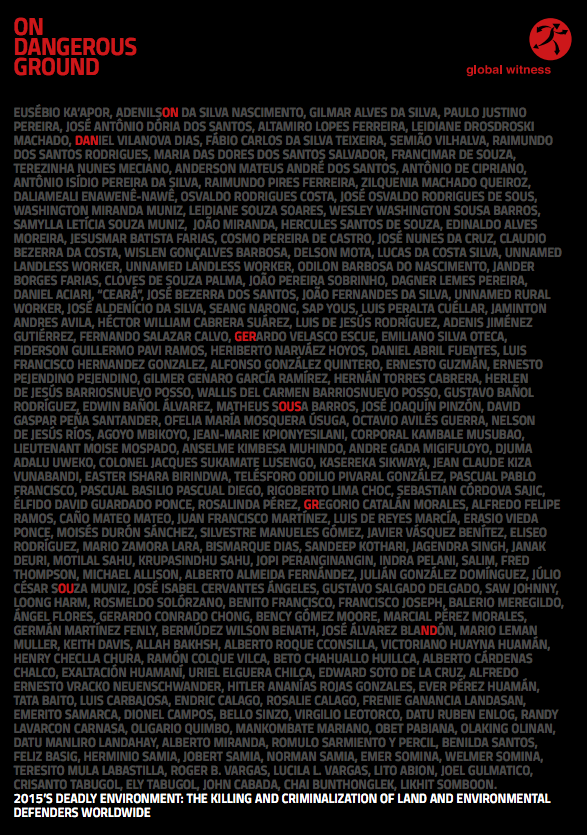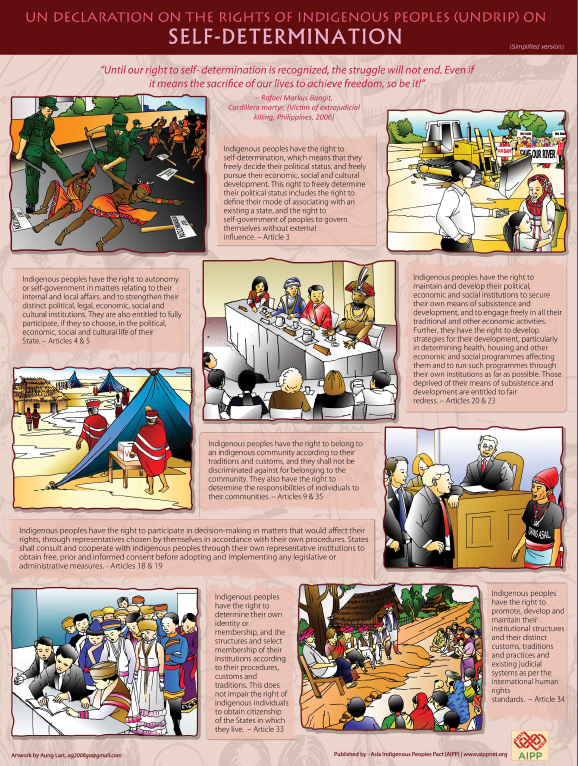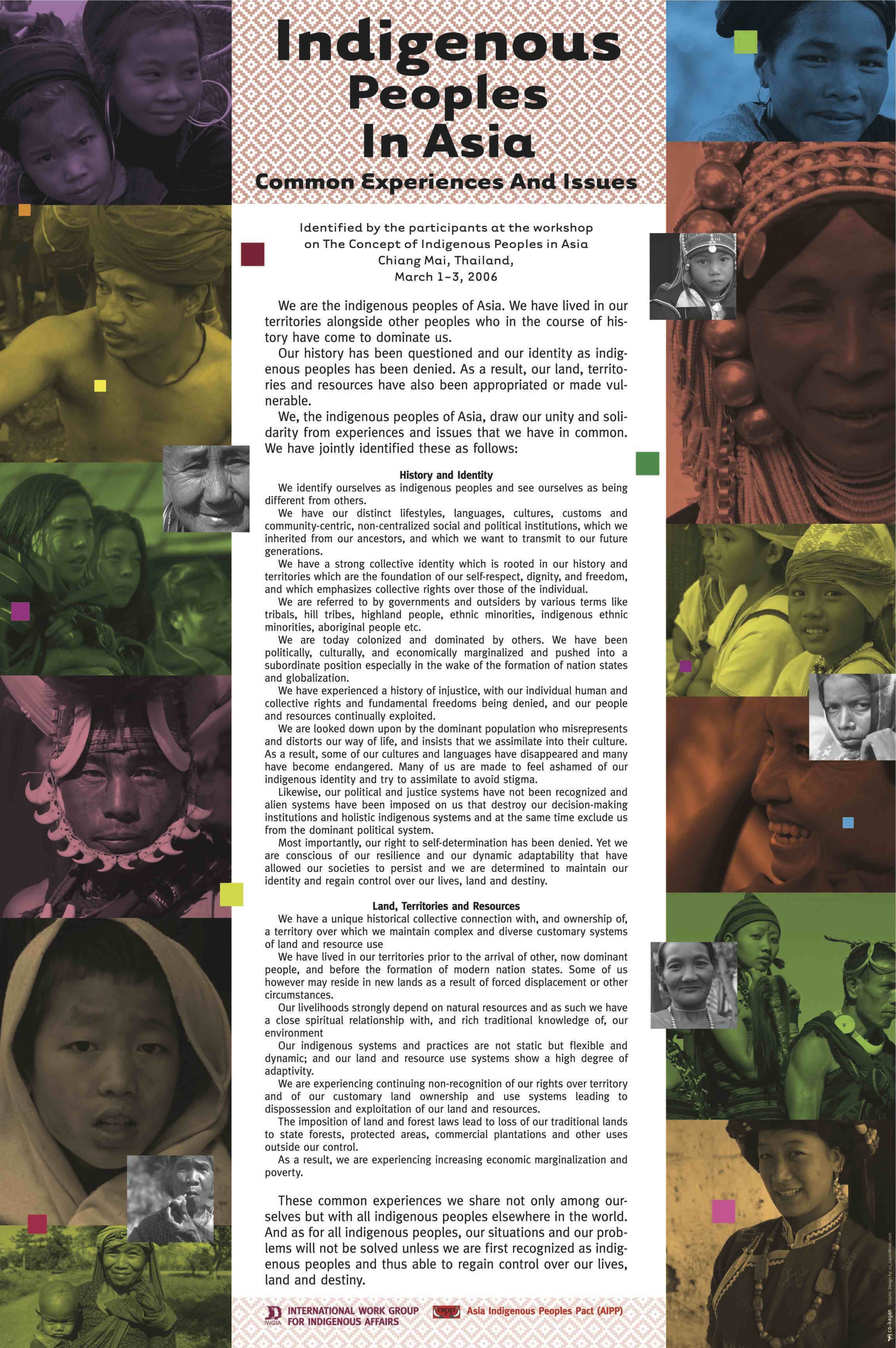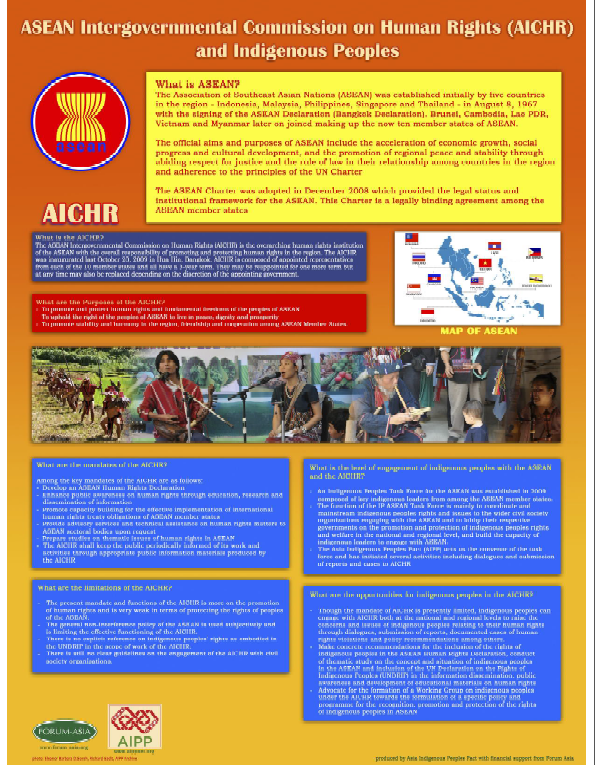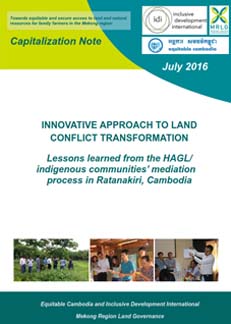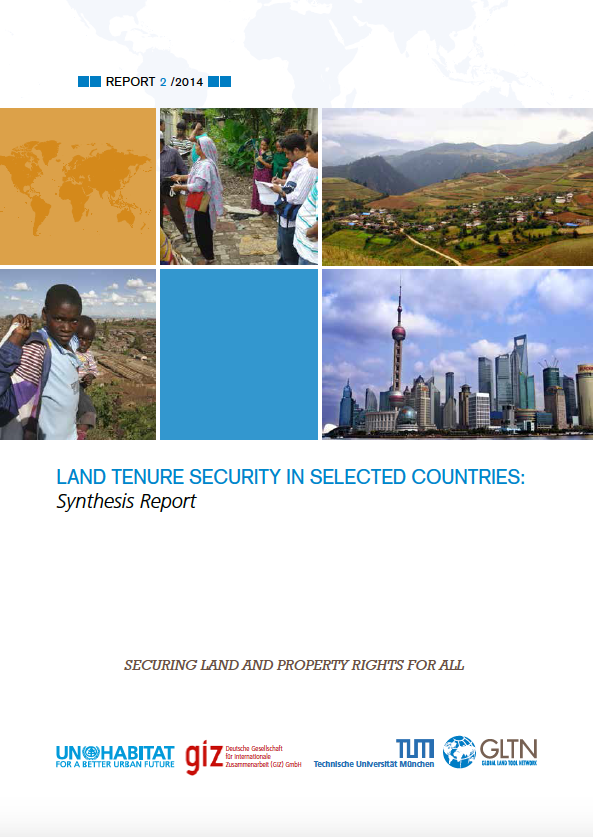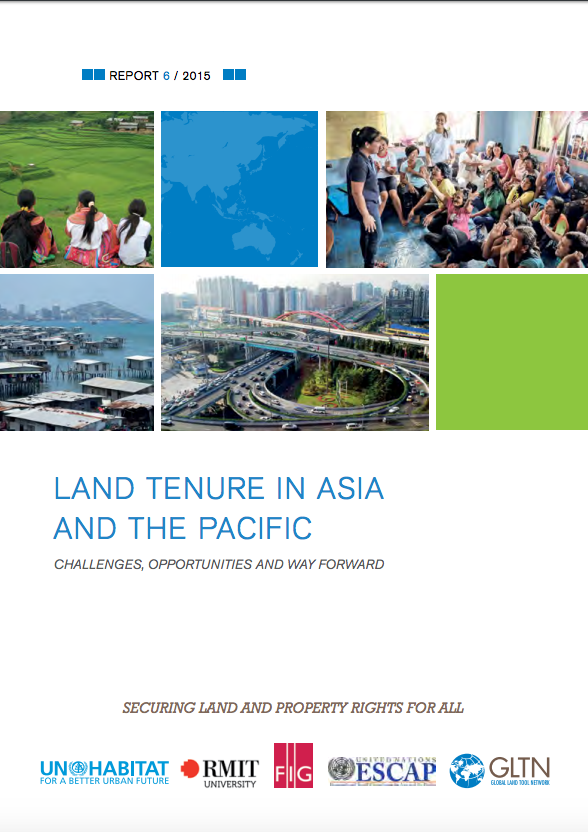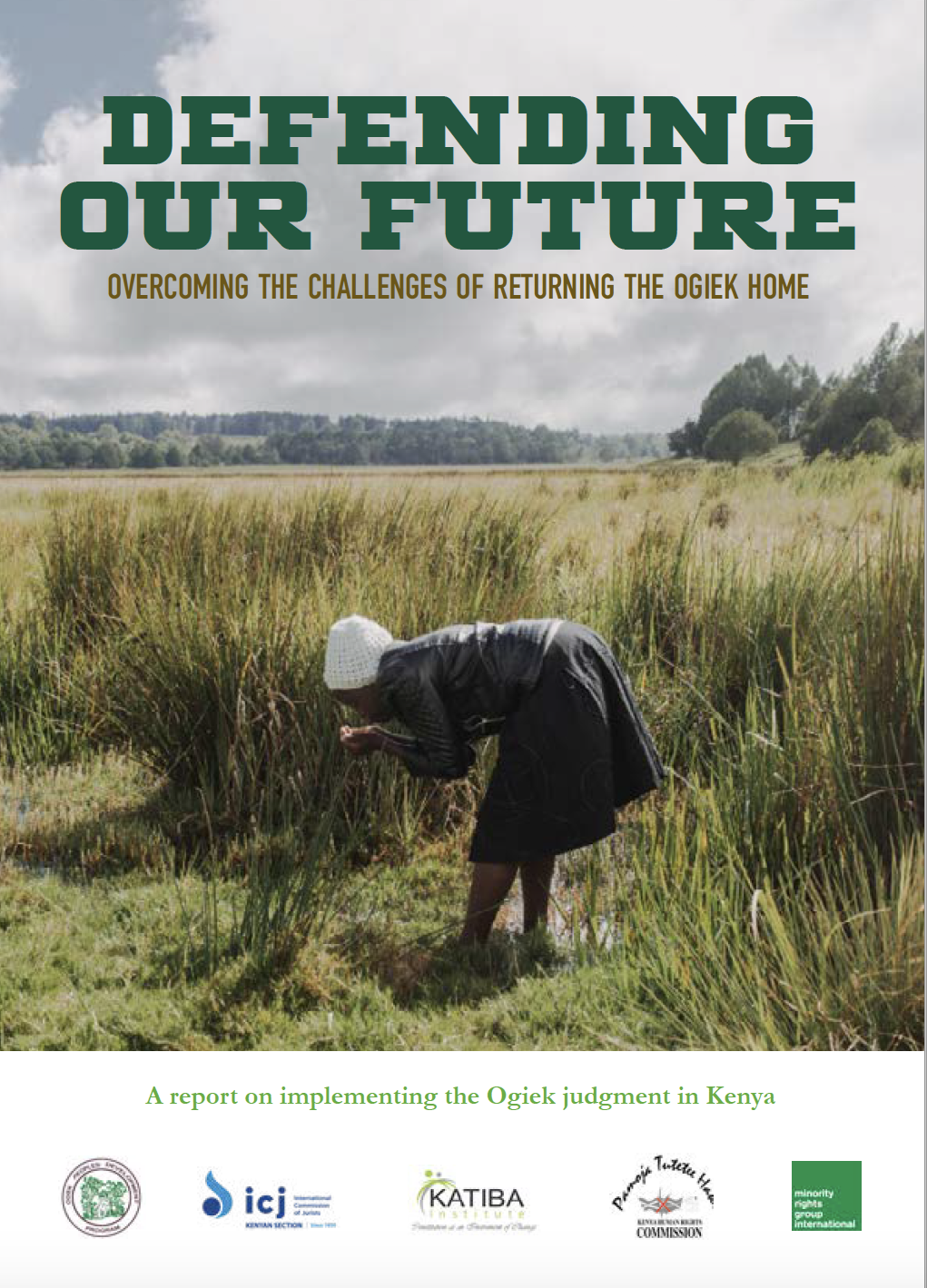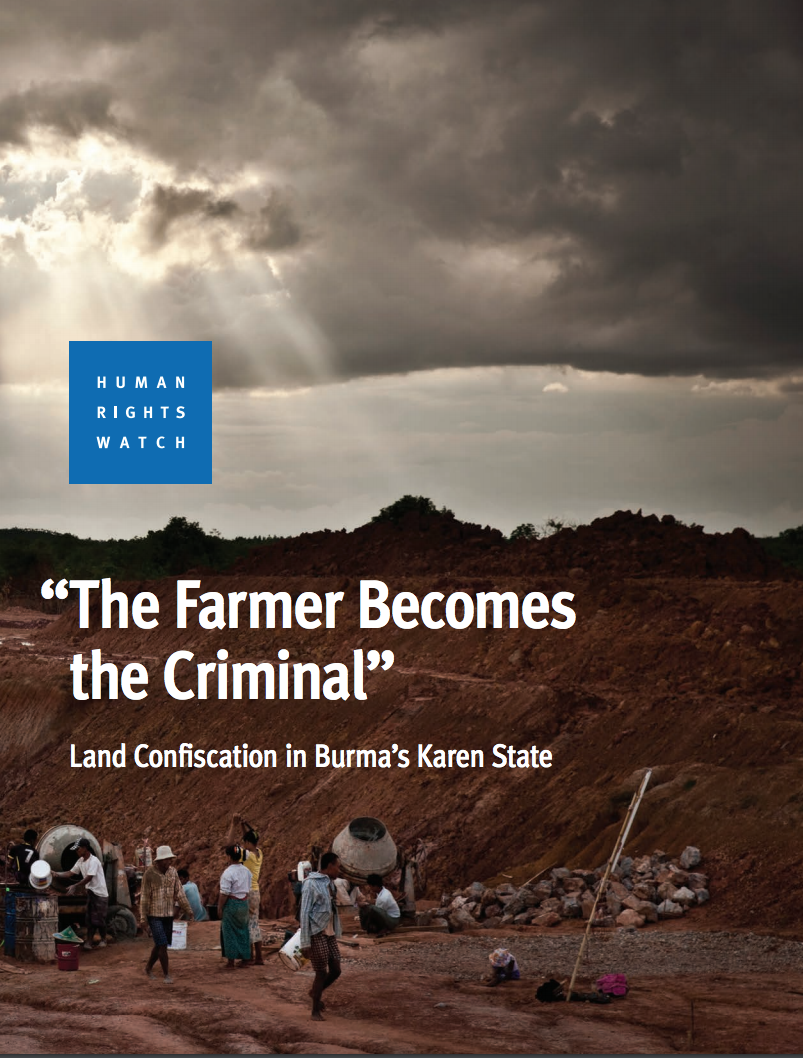Report of the Special Rapporteur on the rights of indigenous peoples on her mission to Brazil
1. The Special Rapporteur on the rights of indigenous peoples, Victoria Tauli-Corpuz, visited Brazil from 7 to 17 March 2016, at the invitation of the Government. The purpose of the visit was to identify and assess the main issues currently facing indigenous peoples in the country and to follow up on key recommendations made in 2009 by the previous mandate holder, following his visit to Brazil.


